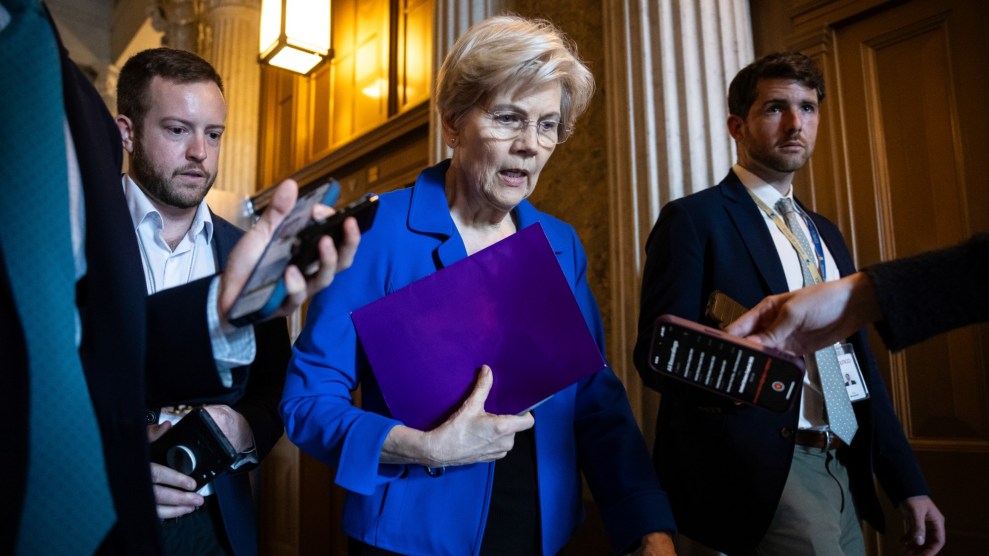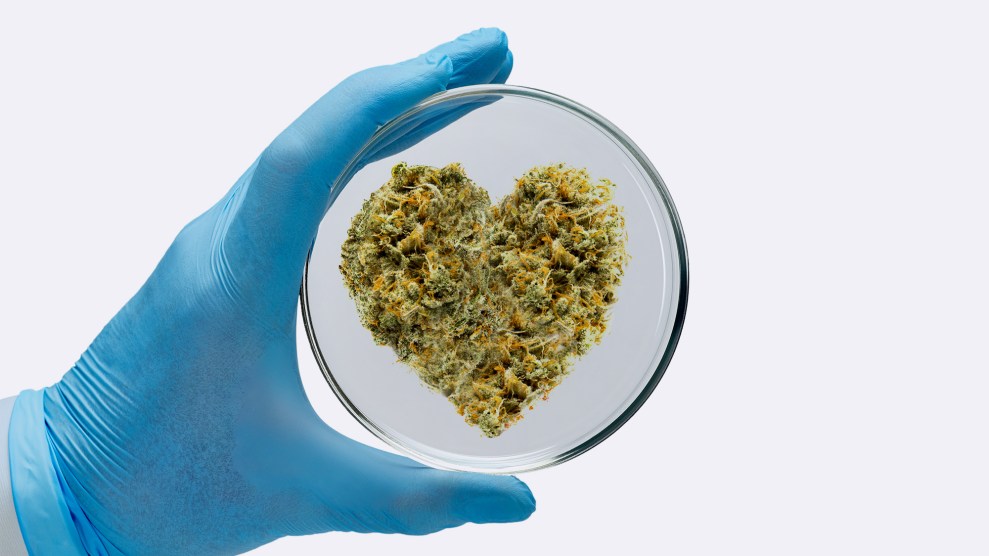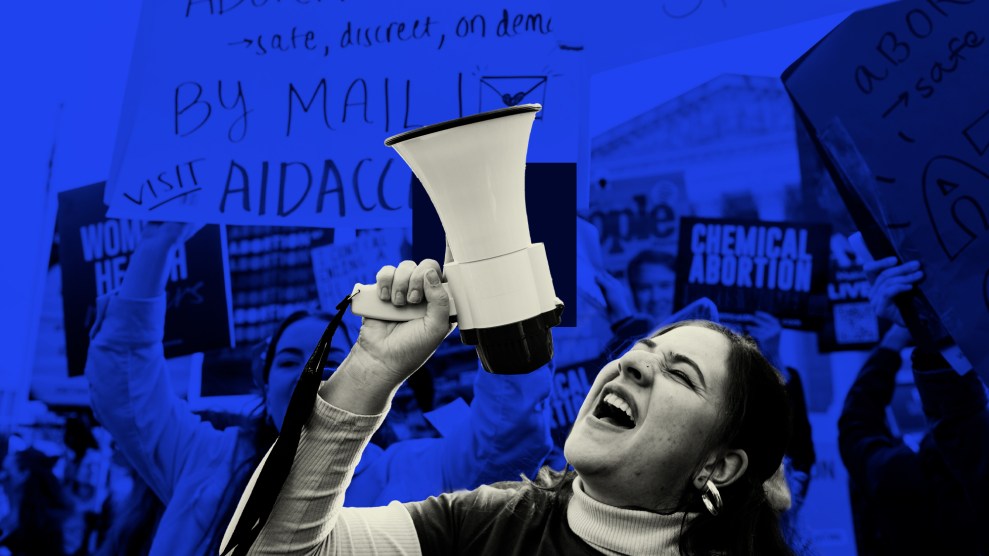
Mother Jones illustration; Shutterstock
This post was originally published as part of “The Trump Files”—a collection of telling episodes, strange but true stories, and curious scenes from the life of our current president—on September 15, 2016.
Donald Trump’s purchase of the Miss Universe, Miss USA, and Miss Teen USA pageants in 1996 gave him another chance to indulge in one of his favorite pastimes: surrounding himself with beautiful women. And the woman who won the Miss Universe crown that year, Venezuela’s Alicia Machado, found out what happened when you slipped below Trumpian standards.
After Machado won Miss Universe in May 1996, she gained some weight. As she explained to the Washington Post in 1997, that was probably because she’d been starving herself in the run-up to the pageant. “The year leading to it, I didn’t eat at all,” Machado said. “And whatever I ate, I threw up. I weighed 116 pounds when I won. I was skeletal.” She said she gained back 19 pounds, putting her in what the Post reported was “within the healthy range” of American Medical Association weight charts.
Trump didn’t see it that way. After he bought a controlling stake in pageants in the fall of 1996, he demanded Machado lose weight, allegedly called her “Miss Piggy” and “Miss Housekeeping” in a dig at her roots and, in February 1997, made her exercise in front of the media at Exude Gym in Manhattan to prove that he was cracking the whip. “When you win a beauty pageant, people don’t think you’re going to go from 118 to 160 in less than a year, and you really have an obligation to stay in a perfect physical state,” Trump told reporters, making his own estimate of Machado’s weight.
Trump portrayed the photo op as a sign of his support for Machado. “We want her to stay as Miss Universe and she is working on her problem,” he said, referring to rumors that the organization wanted to take her crown. Machado remembered it differently. “I asked him to please send me to a trainer or a nutritionist or something because I needed some orientation, and he sends me to a gym in New York,”? she said in the 1997 Post interview.
Apparently she didn’t meet Trump’s standards. The mogul wrote in The Art of the Comeback, his 1997 book, that he attended the Miss Universe pageant that year and saw Machado “sitting there plumply…The best part of the evening was the knowledge that next year, she would no longer be Miss Universe.” Nor is the feud over. Machado attacked Trump earlier this year for his comments about Mexicans, and told Billboard last July that she’s planning to return the favor with a book about “all the details, abuses of power, arrogance, and racism on Donald Trump’s part that she suffered in the flesh.” No release date has been announced.
















